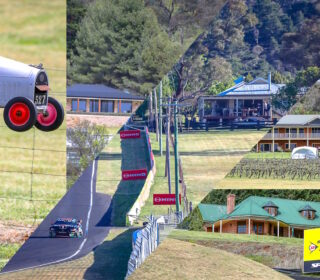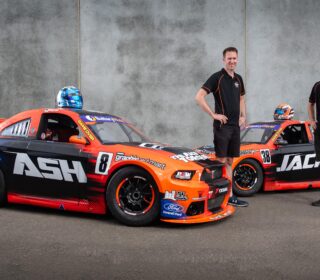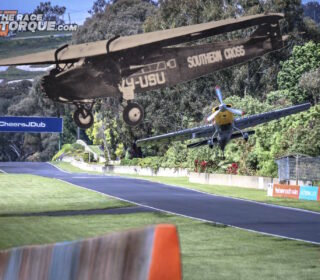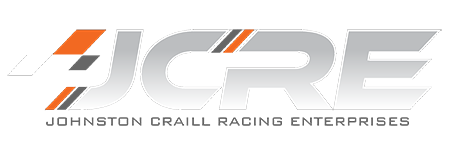Sydney race teams: ‘Treading water’
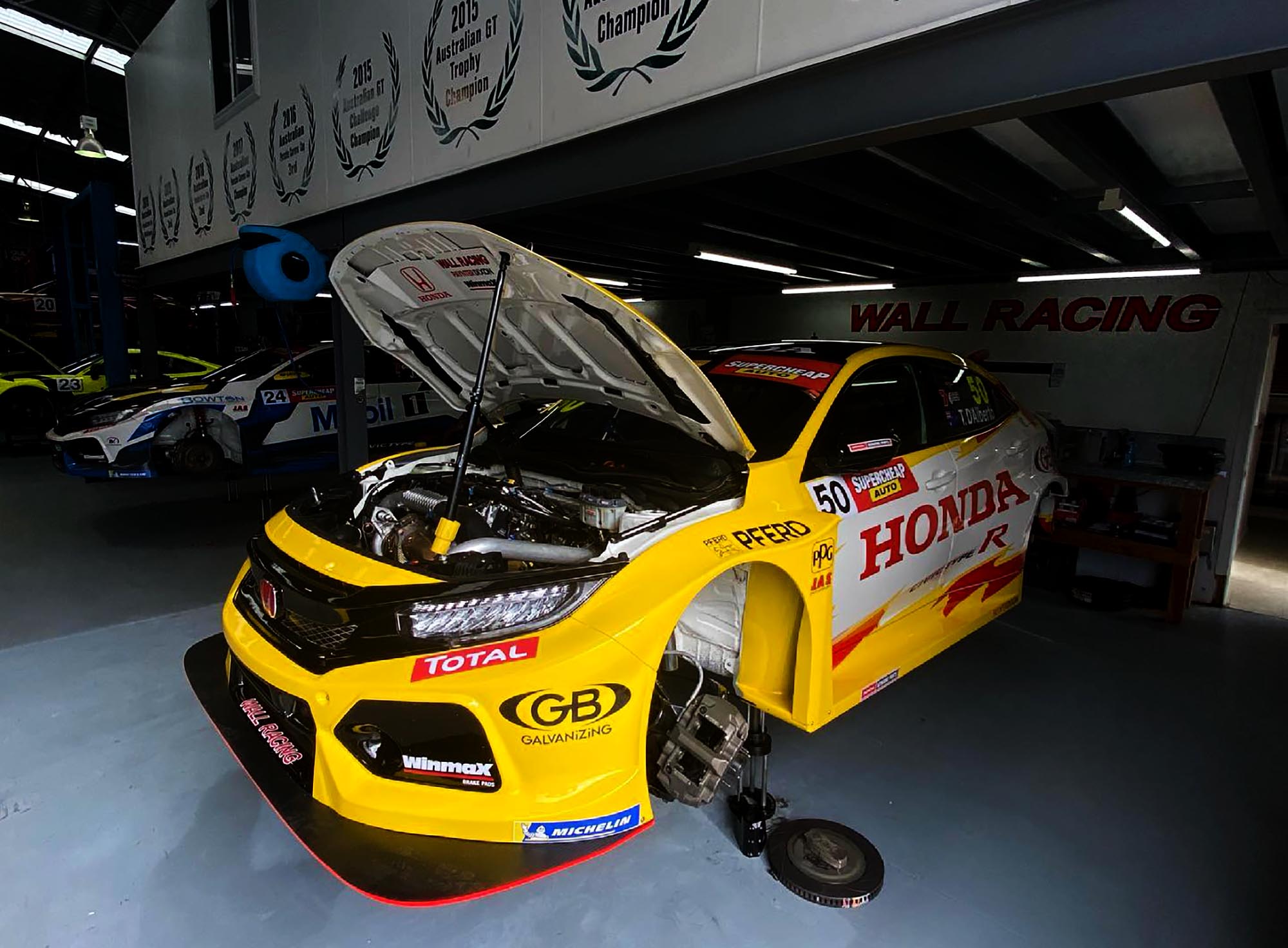
New South Wales’ lockdown has influenced the lives of millions, and several of the nation’s best racing teams are right in the middle of the drama. Liam Webster-McAllister spoke to David Wall and Garth Walden to find out how their respective teams were fairing through these challenging times.
“It’s hard enough when the world is normal, let alone during the pandemic and these times.”
The last 18 months have been arguably the hardest on record for most businesses around Australia.
And right now, none are being harder hit then those based in Greater Sydney, who are in the midst of a strict lockdown as New South Wales continues to notch more than 200 cases a day of coronavirus.
Between July 27th and August 3rd, the state recorded a total of 1485 cases and there is no relief in sight for struggling businesses with the lockdown set to stay in place until at least August 28th but looks likely to run longer than that.
Among those businesses who have been forced to close their doors are key race teams based in the region.
Two teams who have been caught up in the Sydney lockdown include Wall Racing and Garth Walden Racing.
Wall Racing are in Bringelly, while Garth Walden Racing are located in Prospect, both of which are in the Western Sydney region hardest hit by the current crisis.
Wall Racing runs cars for notable drivers, including David Wall and Craig Lowndes, in the Porsche Carrera Cup and for the factory TCR Honda team in the TCR Australia Series.
Garth Walden Racing also compete across numerous competitions, ranging from Carrera Cup, the Radical Australia Cup to the Bathurst 12 hour among many others.
We reached out to the team’s owners, David Wall, and Garth Walden, to understand the affect the lockdown is having on their teams.
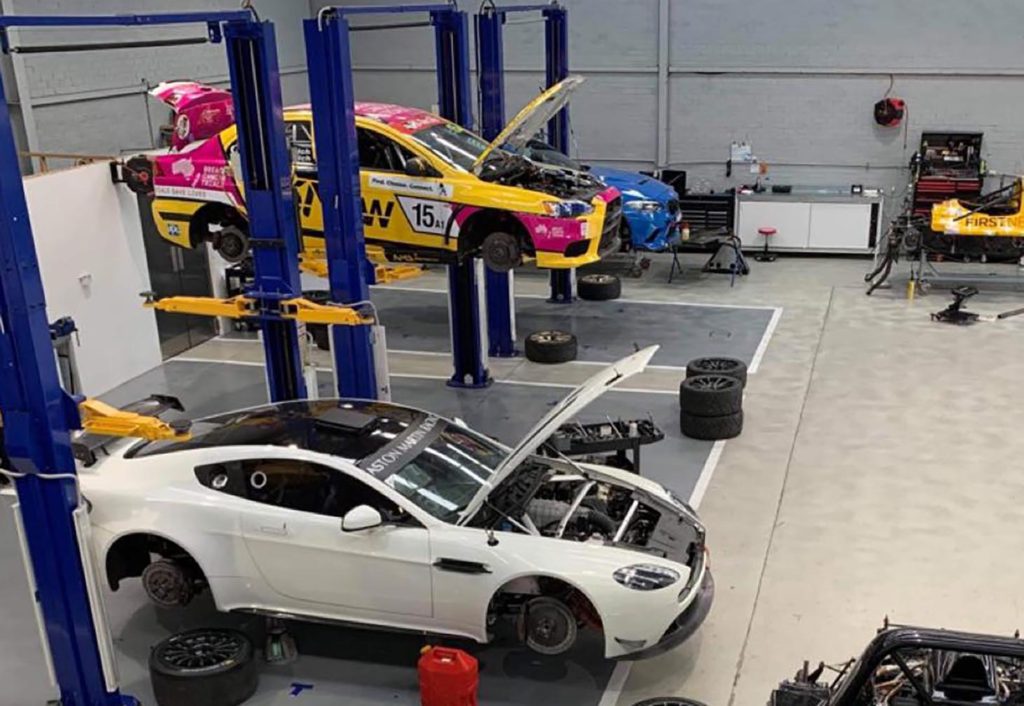
Both have a small group of full or part time staff who have been affected by the pandemic, however the COVID Disaster Payments have been a lifesaver not just for workers in the motorsport industry but across the country.
Last week Prime Minister Scott Morrison announced the COVID disaster payment would be boosted and made available to more people. The payments range up to as much as $750 a week for people who have lost more than 20 hours of work and scales down from there.
However, despite these payments, Walden believes more needs to be done for businesses who, “are not receiving much relief from the government.”
To ensure there is some income for the team, Garth and a colleague have gone to extreme measures.
“We’ve got a flat upstairs, so we are living in the workshop full time just so we can work every day and make ends meet.”
Garth explained how between the two of them they are flat out, but still are working at nowhere near the capacity the business usually can when all employees are available.
“We are generating some income, we got a few projects on the go. We got a few bits and pieces. But for two of us we are flat out. And it does not generate even a quarter of what we need to make ends meet.”
“We need to be making twenty grand a week just to break even, and we are lucky to make five at the moment,” he said.
“Unless we start racing, we basically have nothing. We have two big trucks sitting out back basically doing nothing, and we’ve got loans to pay on those. And we’ve got two massive factories and rent’s not cheap on those either.”
For David Wall the issues were similar; like Garth, running his workshop in accordance with regulations and doing whatever they can.
Both David and Garth understood this is affecting millions of people.
“It’s not just hurting us, it is hurting everyone,” David said.
“We are doing what we can when we can, obviously abiding by the new guidelines and keeping everyone safe, but also keeping the business ticking along,” he said.
“We can go in to do certain jobs, but those are drying up. Some of the work we are able to complete but some we are not. So, at the moment we are doing what we need to do when we need to do it.
“I would not say we are not moving but we are treading water okay,” David expressed.
However, as a race team owner you need to prepare well in advance and right now that is virtually impossible.
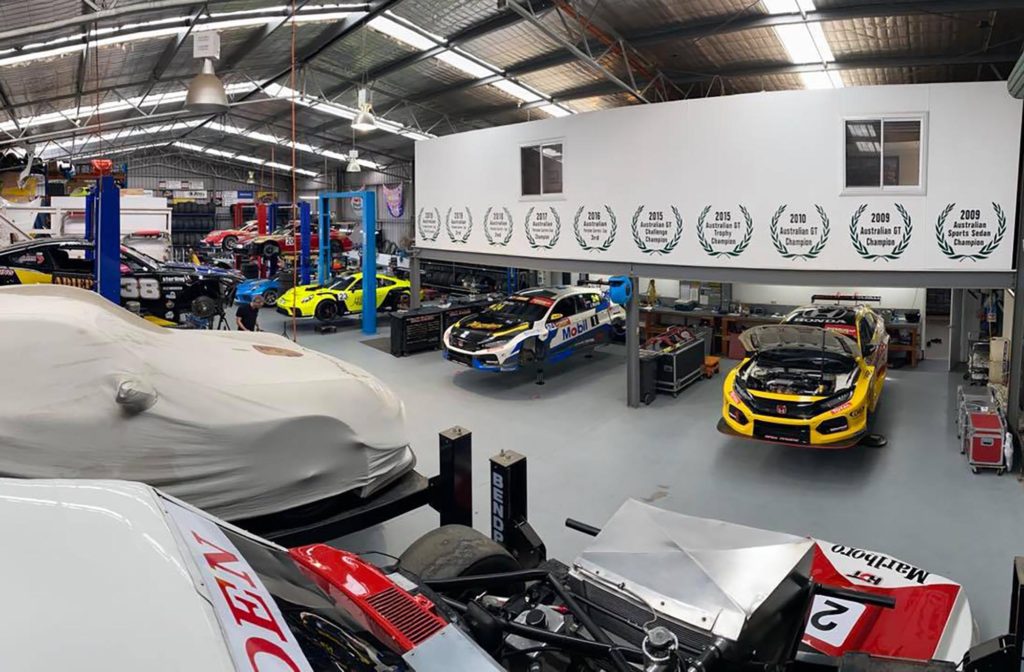
According to David, “It’s very hard to plan from a business point of view, trying to get things in place. Like I said we have six part-time or full-time people, but we also have subcontractors who work for us on weekends as well.”
“So, trying to get them organised to go to events is another difficulty that not just my team but a lot of others are facing as well,” he said.
And Garth backed this idea up. He fears that with the current lockdown some of his sub-contractors may seek work elsewhere.
“When New South Wales isn’t up and running, they start looking elsewhere. So, we are in a tricky position because we could start losing some of our contractors, because we can’t supply them work.”
And that is not made easier as many competitions are having to reschedule their racing calendars every few weeks, as they try desperately to get rounds in despite the ongoing battle with COVID.
Wall said its hard to know what’s to come.
“There are all these events being put forward between now and the end of the year, but it does not mean they are going to happen on those weekends. It’s hard to plan for that.”
And as team owners, when you have your full-time crew and sub-contractors, you have to sort out more then just the race day.
Garth discussed the pain of booking things in like accommodation and airfares when things are so up in the air.
“We spend more time mucking around with logistics then we do in the workshop,” he said.
The good news is however that both are confident coming out of lockdown that themselves and most of their customers will be able to back on track, even if it means there will be a few changes.
“I feel like we are ready to hit the ground running, when go back to racing,” David said.
“We might have to have a few less people working on particular cars at each event. Depending on what help we can get at those times.”
And Garth, despite the “massive strain on the bank account”, is not going to stop.. because he loves what he does.
“None of us are in this business to make money, not a lot of money that’s for sure. It’s a passion-driven business.”



